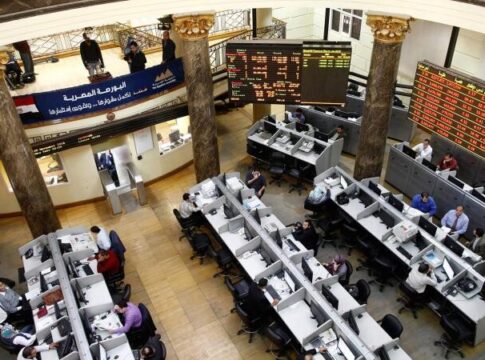In a decision aimed at fostering financial inclusion and education among the younger population, the Financial Regulatory Authority (FRA) of Egypt has approved a new measure allowing individuals as young as 15 to trade in listed securities on the Egyptian Exchange (EGX). This move marks a significant reduction from the previous age requirement of 16 to 21, reflecting the country’s commitment to integrating youth into its financial ecosystem.
This regulatory change aligns with an amendment to Egypt’s Civil Status Law No. 143 of 1994, which mandates that citizens aged 15 must secure a national ID card within six months. The FRA’s initiative is part of a broader strategy to broaden access to non-banking financial services and support the financial literacy and inclusion goals for Egyptian youth.
The Central Bank of Egypt (CBE) has also played a pivotal role in this financial inclusivity drive, having previously allowed youth to open bank accounts from the age of 15 without parental consent, starting in November. Financial inclusion in Egypt has seen dramatic growth, with a 181% increase in the number of Egyptians holding transactional accounts. The number has soared from 17.1 million in 2016 to 48.1 million by June 2024, covering approximately 67.3 million eligible citizens aged 16 and above, according to a CBE statement in December.
The new FRA policy also aims to enhance financial literacy among youth by introducing them to investment concepts and the benefits of participating in non-banking financial activities. Under the new rules, young investors can trade using funds earned through employment or provided for their living expenses, with an investment portfolio capped at EGP 40,000—up from the previous limit of EGP 10,000. This cap applies solely to buying and selling listed securities, excluding more complex activities like margin trading and securities borrowing for sale.
Commenting on these developments, financial analyst Dr. Amr Soliman noted, “By empowering young people to engage with financial markets, Egypt is laying the groundwork for a financially savvy generation that can contribute to the country’s economic growth.”
The FRA reported that the total financing extended by entities under its oversight, encompassing capital market activities and non-banking financial services, reached EGP 718 billion in the first 10 months of 2024. This underscores the growing scale and impact of financial services in the Egyptian economy.
Moreover, the FRA retains the discretion to increase the investment limit by up to 10% annually, allowing for progressive involvement of youth in the financial markets as they gain more experience and confidence.
In an exclusive interview, an FRA official hinted at future plans to introduce educational programs in schools and universities, aimed at teaching young Egyptians about personal finance and investment from an early age.


